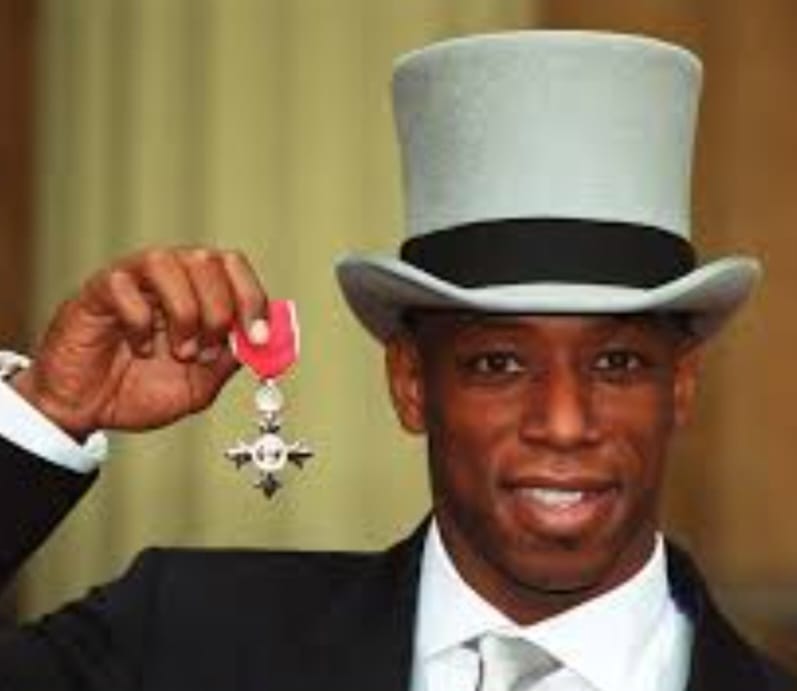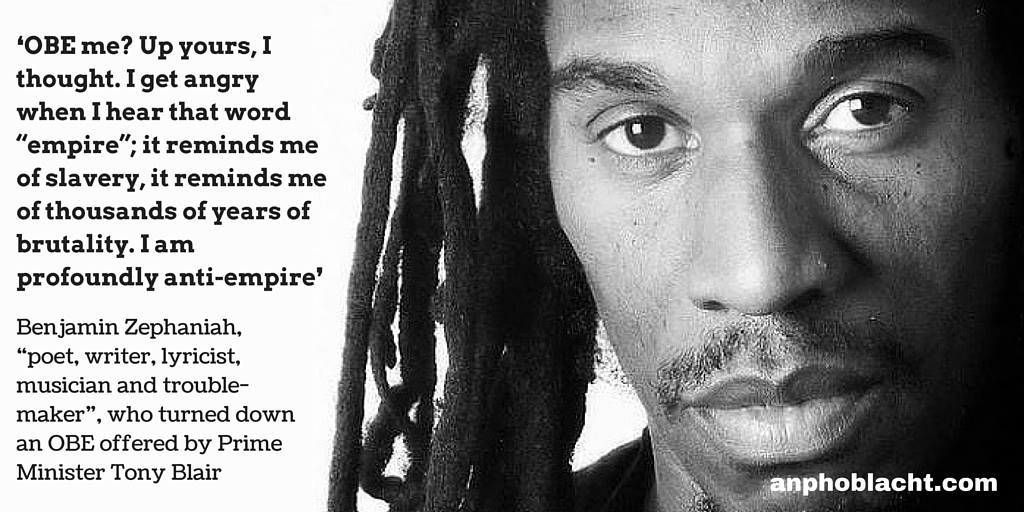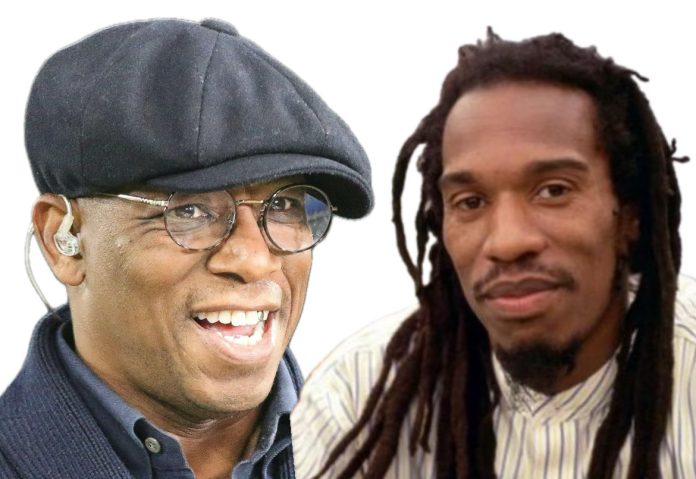I’m an Arsenal fan, but after Ian Wright sold out his class, I suppose the imperialist patriotic bollocks he is coming out with nowadays should not come as any surprise. He’d do well to consider that people of his skin colour didn’t generally fair too well in the days of the Empire.
Ian Wright: “The next young player who says he does not want to play for England should be ordered to ring the parents of a soldier who has died serving his country in Afghanistan, and tell them his reasons.” (Darren Mark Skilton)

Zephaniah self-identified as an anarchist; observing in a 2022 interview: “There are places that live without government and live peacefully and happily. A lack of power means people, of course, aren’t fighting over it, and the main objective of society is to look after each other.”

Why Benjamin was right and Ian was wrong:
- Perception of Elitism and Privilege:
- The honours system is often seen as a way of reinforcing social hierarchies, rewarding those who are already privileged or well-connected. Critics argue that it perpetuates a class system, favouring individuals from certain social or professional backgrounds.
- Questionable Recipients:
- There have been numerous instances where honours have been awarded to individuals who later became controversial figures or whose contributions were questioned. This can lead to public outrage and a loss of trust in the fairness and integrity of the system.
- Political Influence:
- The process can be perceived as politicised, with accusations that honours are sometimes used as political rewards for loyalty or support rather than genuine merit. This politicization undermines the supposed impartiality of the system.
- Overlooking Everyday Heroes:
- Many feel that the honours list often overlooks “ordinary” people who make significant contributions to their communities or fields in favour of celebrities, sports figures, and business leaders. This can create a sense of disillusionment among the public, who see unsung heroes going unrecognized.
- Historical and Colonial Associations:
- The honours system is often tied to historical and colonial legacies, particularly in the UK. Some view it as an outdated institution that does not reflect modern values of equality and meritocracy.
- Lack of Transparency:
- The selection process for honours can be opaque, leading to suspicions of favoritism and a lack of accountability. Calls for greater transparency in how decisions are made are common among critics.
- Economic Inequity:
- There is a perception that the honours system disproportionately favours wealthy individuals and corporate executives, who may be recognised for philanthropy or services to business. Critics argue that this reinforces economic inequities rather than addressing them.
- Impact on Meritocracy:
- Critics argue that the honours system contradicts the principle of meritocracy, where individuals should be rewarded based on their achievements and abilities alone. The perception that honours can be bought or influenced by connections undermines this ideal.
A true patriot would identify these issues and call for the honours system to be scrapped. They would want their country to be the best it can be, not stuck in an antiquated past.
KEEP US ALIVE and join us in helping to bring reality and decency back by SUBSCRIBING to our Youtube channel: https://www.youtube.com/channel/UCQ1Ll1ylCg8U19AhNl-NoTg AND SUPPORTING US where you can: Award Winning Independent Citizen Media Needs Your Help. PLEASE SUPPORT US FOR JUST £2 A MONTH https://dorseteye.com/donate/







